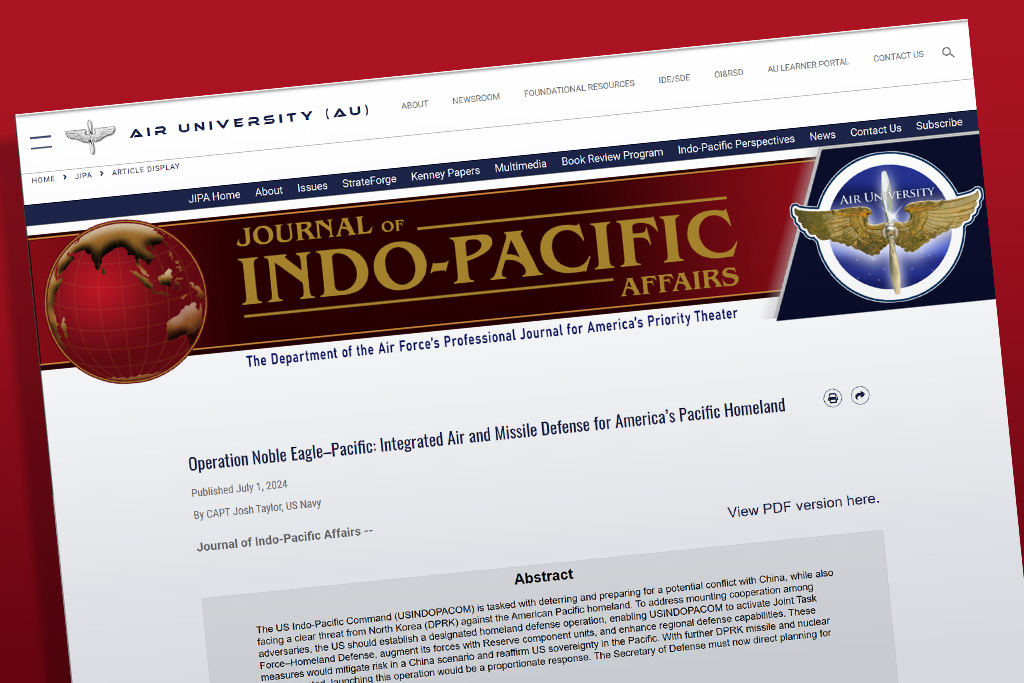“Russia, America, and Security in the Asia-Pacific” is the first joint publication by the Asia-Pacific Center for Security Studies and Russia’s Far Eastern National University in Vladivostok. Published in both Russian and English, it represents both U.S. and Russian perspectives on key issues in the region.
In the book’s forward, FENU president Vladimir Kurilov states that “the participants of the project, whose papers are collected in this volume, are leading specialists on international relations in the Asia-Pacific region and policies of key regional actors. Each topic is represented by two papers – one authored by an American and the other by a Russian expert – which allows the reader to assess and compare Russian and American approaches to major issues of regional politics.”
“The demand for a collective work on this topic…has existed for quite some time,” said APCSS director, Lt. Gen. (Ret.) Ed Smith in his book forward. Meeting this demand, however, required a group of enthusiasts who were prepared to spend time and effort to make the project a reality.”
“Projects like this one are very useful for helping Asia-Pacific security practitioners and policy makers identify both impediments and opportunities, close gaps, narrow differences of opinion, and stimulate better cooperation between our countries,” said Smith.
APCSS professor Dr. Rouben Azizian was the co-editor and APCSS project coordinator for the book. In addition, three of the seven Russian contributors are APCSS alumni. They are: Vyacheslav Amirov (C03-08), Vladimir Petrovsky (EC00-1) and Sergey Smirnov (EC03-1).
APCSS and FENU have built a steady partnership despite the differences in purpose and backgrounds of the institutions. APCSS is a U.S. Department of Defense academic institute while FENU is an accredited federal university and research institute of Russia.
“Those differences become secondary when we realize each other’s value in reaching out to interested audiences, providing unique educational experiences, and most importantly, expanding a regional community of security influence that shares a mutual concern for a secure, predictable, and friendly Asia-Pacific region,” said Smith.
Kurilov concurred stating that “in the present era of globalization and growing interdependence, intellectual, academic, and educational exchanges are increasingly important in contributing to international peace and security.”
-END-
The views expressed in these articles are those of the authors and do not reflect the official policy or position of APCSS, the U.S. Pacific Command, the U.S. Department of Defense, or the U.S. government.









Leave A Comment